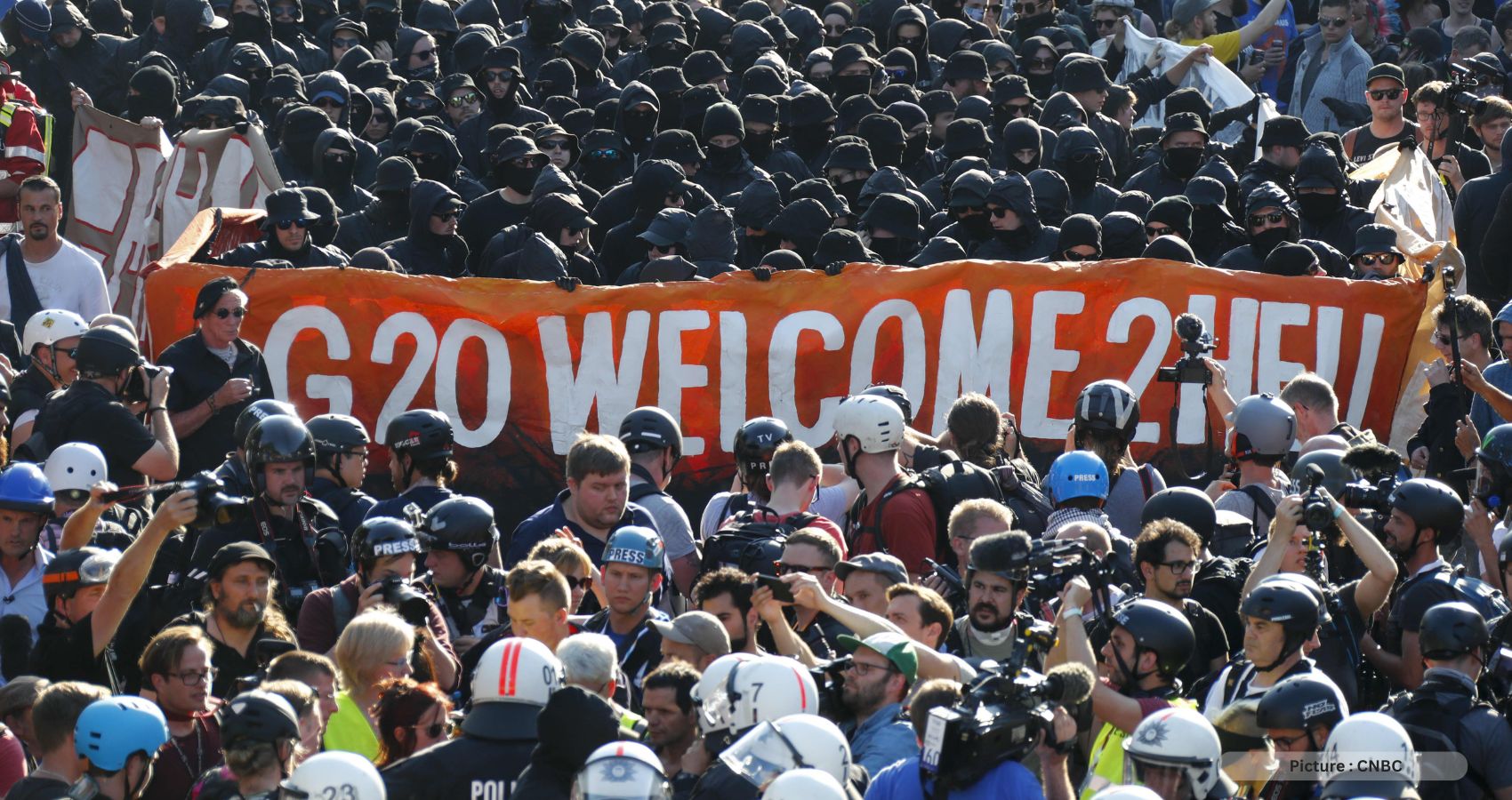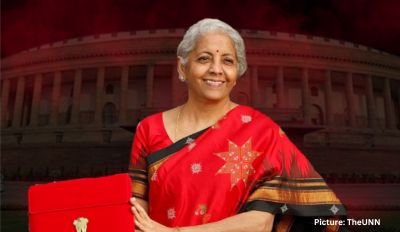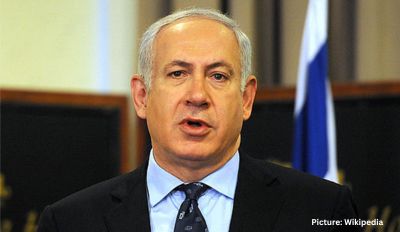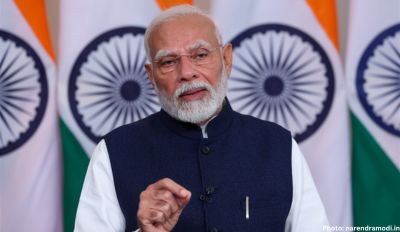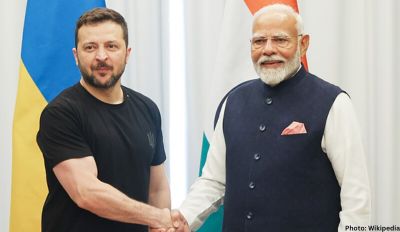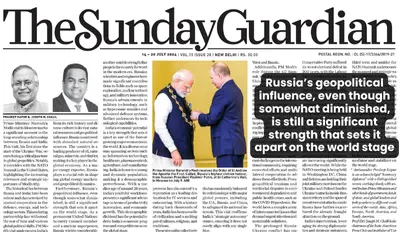The G20 New Delhi Leaders’ Declaration, which was agreed on Saturday (9 September), reiterated the group’s commitment to promoting respect for all religions and condemned all acts of religious hatred, including those committed against holy texts and symbols.
The declaration noted the July 25 United Nations General Assembly resolution on “promoting interreligious and intercultural dialogue and tolerance in countering hate speech” and stated: “In this regard, we strongly deplore all acts of religious hatred against persons, as well as those of a symbolic nature without prejudice to domestic legal frameworks, including against religious and holy books.”
Narender Nagarwal, who teaches Law at the Delhi University, while speaking on the G-20 joint declaration, said, “I do believe that the G20 New Delhi declaration of September 9, 2023, which denounces all forms of discrimination, hatred, and violence towards vulnerable ethnic groups, is a remarkable accomplishment of the conference. The G20 countries have always been at the forefront in tackling global issues, and the New Delhi Conference of world leaders has reinforced its commitment to confronting targeted violence and hatred on the basis of religion, caste or language against minorities as a critical issue that demands immediate attention and action.”
He added, “This declaration is a clear indication of the Group of 20’s collective determination to combat all hate crimes, including Islamophobic violence, against minorities. I welcome this initiative of the leading players of global politics and treat the declaration as a powerful message to those who overtly or covertly instigate Islamophobic hatred and other sorts of bigotry against ethnic and vulnerable groups.”
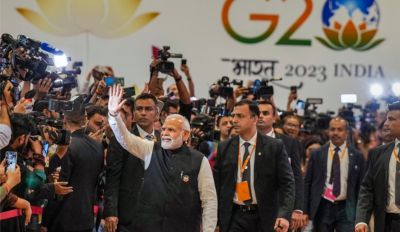 On the way forward, Nagarwal urged the G-20 leaders by saying, “I would appreciate if the G-20 secretariat established an observatory commission to investigate reports of hate and targeted violence against ethnic and vulnerable groups and submit progress reports to member states on a regular basis. The adoption of collective action sends a powerful message of unity, solidarity, and hope to the people of Indian society who have endured the burdens of hate crimes, discrimination and Islamophobic violence for far too long.”
On the way forward, Nagarwal urged the G-20 leaders by saying, “I would appreciate if the G-20 secretariat established an observatory commission to investigate reports of hate and targeted violence against ethnic and vulnerable groups and submit progress reports to member states on a regular basis. The adoption of collective action sends a powerful message of unity, solidarity, and hope to the people of Indian society who have endured the burdens of hate crimes, discrimination and Islamophobic violence for far too long.”
Michael Williams, founder and president of the United Christians Forum, said, “Religious tolerance has been a part of the UN Charter, the Indian Constitution, and now our Prime Minister has reiterated this in the G20 Joint Declaration. I only hope that Mr. Modi will ensure its speedy implementation akin to the Demonetisation urgency and will continue to see it through like the GST policy.”
Williams added, “Prime Minister must ensure that anyone who indulges in hate speeches, religious violence, and religious bullying are brought to account so that such Joint Declarations actually have meaning and impact on the lives of citizens. They say that the road to hell is paved with good intentions, but, with true implementation, this intent of the Summit is something India needs right now.”
Dr. Prem Chand, Assistant Professor, Department of Political Science, ARSD College, University of Delhi, observed: “Unity in Diversity is not only a line but it is the virtue which is inherently reflected in each aspect of our great country India. Historically and culturally, India has been nurtured by different religions and cultures. The spirit of the Constitution of India is secular and secularism is being practised by the India Government. Religious freedom is one of the fundamental rights given by the Constituent Assembly of India to its Citizens. In this backdrop it’s a welcome step that G20 agenda has deplored the religious hatred and considered equality of all religions.”
Dr. Prem Chand added, “India is a multi-religious country but unfortunately some political parties are doing communal politics and they divide people only to grab power. In this scenario India should respect what is inherited and keep it to the values of the Constitution of India.”
John Dayal, a noted social and human rights activist, opined: “G-20 was sitting at a time when religious discord, sponsored mostly by ruling groups in India and in most other countries, have brought the world to the brink. Many Peoples Summits preceding G-20 had, in their call to put people first, highlighted the threat to the world leaders, it seems, successfully prevented any discussion on this issue. It was not high on the agenda anyway.”
Dayal said, “Big countries have lost whatever moral authority they ever had in naming and shaming regimes with a track record of religious bigotry and ill treatment of minorities. Apart from their own records in condoning the burning of the Qur’ān, for instance, in several European cities, the G-20 have turned a blind eye to infringements and absolute ignoring of the United Nations Charter and its focus on religious freedom and freedom of expression as the core values of a shared humanity.”

